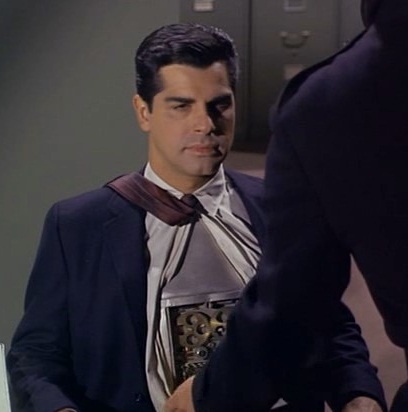In her NYRB piece on Nicholas Carr’s The Glass Cage, Sue Halpern runs through periods of the twentieth century when fears of technological unemployment were raised before receding, mentioning a 1980 Time cover story about the Labor-destabilizing force of machines. These projections seemed to have been proved false as job creation increased considerably during the Reagan Administration, but as Halpern goes on to note, that feature article may have been prescient in ways we didn’t then understand. Income inequality began to boom during the last two decades of the previous century, a worrying trajectory that’s only been exacerbated as we’ve moved deeper into the Digital Revolution. Certainly there are other causes but automation is likely among them, with the new wealth in the hands of fewer, algorithms and robots managing a good portion of the windfall-creating toil. And if you happen to be working in many of the fields likely to soon be automated (hotels, restaurants, warehouses, etc.), you might want to ask some former travel agents and record-store owners for resume tips.
Halpern zeroes in on a Carr topic often elided by economists debating whether the next few decades will be boon or bane for the non-wealthy: the hole left in our hearts when we’re “freed” of work. Is that something common to us because we were born on the other side of the transformation, or are humans marked indelibly with the need to produce beyond tweets and likes? Maybe it’s the work, not the play, that’s the thing. From Halpern:
Here is what that future—which is to say now—looks like: banking, logistics, surgery, and medical recordkeeping are just a few of the occupations that have already been given over to machines. Manufacturing, which has long been hospitable to mechanization and automation, is becoming more so as the cost of industrial robots drops, especially in relation to the cost of human labor. According to a new study by the Boston Consulting Group, currently the expectation is that machines, which now account for 10 percent of all manufacturing tasks, are likely to perform about 25 percent of them by 2025. (To understand the economics of this transition, one need only consider the American automotive industry, where a human spot welder costs about $25 an hour and a robotic one costs $8. The robot is faster and more accurate, too.) The Boston group expects most of the growth in automation to be concentrated in transportation equipment, computer and electronic products, electrical equipment, and machinery.
Meanwhile, algorithms are writing most corporate reports, analyzing intelligence data for the NSA andCIA, reading mammograms, grading tests, and sniffing out plagiarism. Computers fly planes—Nicholas Carr points out that the average airline pilot is now at the helm of an airplane for about three minutes per flight—and they compose music and pick which pop songs should be recorded based on which chord progressions and riffs were hits in the past. Computers pursue drug development—a robot in the UK named Eve may have just found a new compound to treat malaria—and fill pharmacy vials.
Xerox uses computers—not people—to select which applicants to hire for its call centers. The retail giant Amazon “employs” 15,000 warehouse robots to pull items off the shelf and pack boxes. The self-driving car is being road-tested. A number of hotels are staffed by robotic desk clerks and cleaned by robotic chambermaids. Airports are instituting robotic valet parking. Cynthia Breazeal, the director of MIT’s personal robots group, raised $1 million in six days on the crowd-funding site Indiegogo, and then $25 million in venture capital funding, to bring Jibo, “the world’s first social robot,” to market. …
There is a certain school of thought, championed primarily by those such as Google’s Larry Page, who stand to make a lot of money from the ongoing digitization and automation of just about everything, that the elimination of jobs concurrent with a rise in productivity will lead to a leisure class freed from work. Leaving aside questions about how these lucky folks will house and feed themselves, the belief that most people would like nothing more than to be able to spend all day in their pajamas watching TV—which turns out to be what many “nonemployed” men do—sorely misconstrues the value of work, even work that might appear to an outsider to be less than fulfilling. Stated simply: work confers identity. When Dublin City University professor Michael Doherty surveyed Irish workers, including those who stocked grocery shelves and drove city buses, to find out if work continues to be “a significant locus of personal identity,” even at a time when employment itself is less secure, he concluded that “the findings of this research can be summed up in the succinct phrase: ‘work matters.’”
How much it matters may not be quantifiable, but in an essay in The New York Times, Dean Baker, the codirector of the Center for Economic and Policy Research, noted that there was
a 50 to 100 percent increase in death rates for older male workers in the years immediately following a job loss, if they previously had been consistently employed.
One reason was suggested in a study by Mihaly Csikszentmihalyi, the author of Flow: The Psychology of Optimal Experience (1990), who found, Carr reports, that “people were happier, felt more fulfilled by what they were doing, while they were at work than during their leisure hours.”•
Tags: Dean Baker, Larry Page, Mihaly Csikszentmihalyi, Nicholas Carr, Sue Halpern

